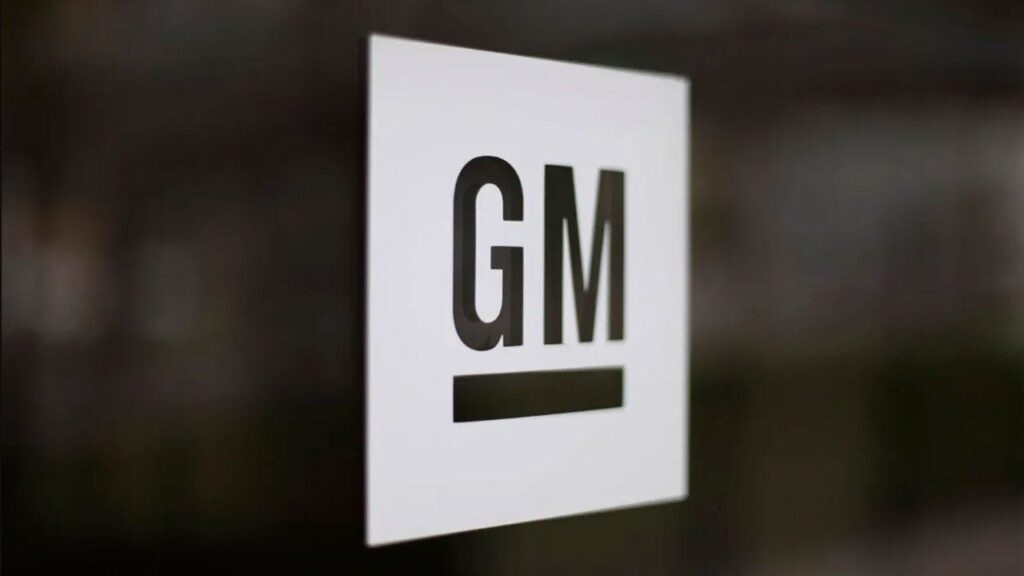Following a U.S. government investigation that uncovered excess emissions and fuel economy compliance issues across millions of vehicles, General Motors (GM) has agreed to pay a sizable penalty of $145.8 million. The settlement, which was made public by government organizations, emphasizes the regulatory pressure that automakers must endure to comply with environmental regulations and preserve the integrity of their emissions reporting.
The Environmental Protection Agency (EPA) revealed that, on average, GM vehicles from the 2012–2018 model years released more carbon dioxide into the atmosphere than was first reported, surpassing allowed levels by more than 10%. Due to this disparity, GM had to accept a settlement that included the forfeiture of about 50 million metric tons of carbon allowances. For cars made between the 2008 and 2010 model years, the National Highway Traffic Safety Administration (NHTSA) separately levied fines for fuel economy compliance in addition to canceling fuel economy credits.
In contrast to earlier emissions scandals involving defeat devices, like the Volkswagen case from 2015, the EPA did not accuse GM of purposeful misconduct. The investigation did not mandate vehicle recalls but aimed to enforce adherence to emissions standards crucial for public health and environmental protection.
In response, General Motors (GM) reiterated its commitment to following regulatory guidelines while opting to quickly resolve any pending matters with federal authorities. The company, which is in charge of the Buick, GMC, Chevrolet, and Cadillac brands, asserted that it had always complied with all applicable laws and regulations throughout the vehicle certification and testing process.
The penalties and forfeitures imposed on GM highlight the rigorous oversight necessary to ensure emissions standards achieve their intended environmental benefits. EPA Administrator Michael Regan underscored the importance of such oversight in reducing air pollution and safeguarding communities nationwide.
GM will still have to deal with regulatory obstacles, such as possible fines under updated fuel economy requirements that go into effect in 2027. These standards, aimed at enhancing environmental conservation, pose financial implications for automakers, with GM projected to face substantial penalties through 2031.
The settlement serves as a reminder of the dynamic regulatory environment that the automotive industry is subject to, where compliance with fuel economy and emissions regulations is critical. In order to meet societal and environmental expectations, automakers are increasingly required to strike a balance between innovation and compliance, which further highlights the industry’s broader shift towards sustainability and accountability.
While GM works through these challenges, the way the automotive industry responds to regulatory demands will continue to influence future strategies, such as investments in cleaner technologies and strict adherence to emissions standards.
GM’s settlement underscores the difficulties and ramifications of emissions and fuel economy compliance in the automotive sector, reflecting a turning point in the company’s regulatory history. As we move forward, the industry’s dedication to environmental stewardship will be crucial in forming a sustainable mobility future and guaranteeing adherence to changing regulatory frameworks.
